AI & copyright
The use and creation of AI-generated content raises copyright issues in particular, which are of considerable importance in practice.
Developments in the field of artificial intelligence (AI) are increasingly raising copyright issues, which are a focus of our law firm. These aspects are particularly important when creating and using AI-generated content. We summarize the legal situation and the challenges for companies and creative professionals here.
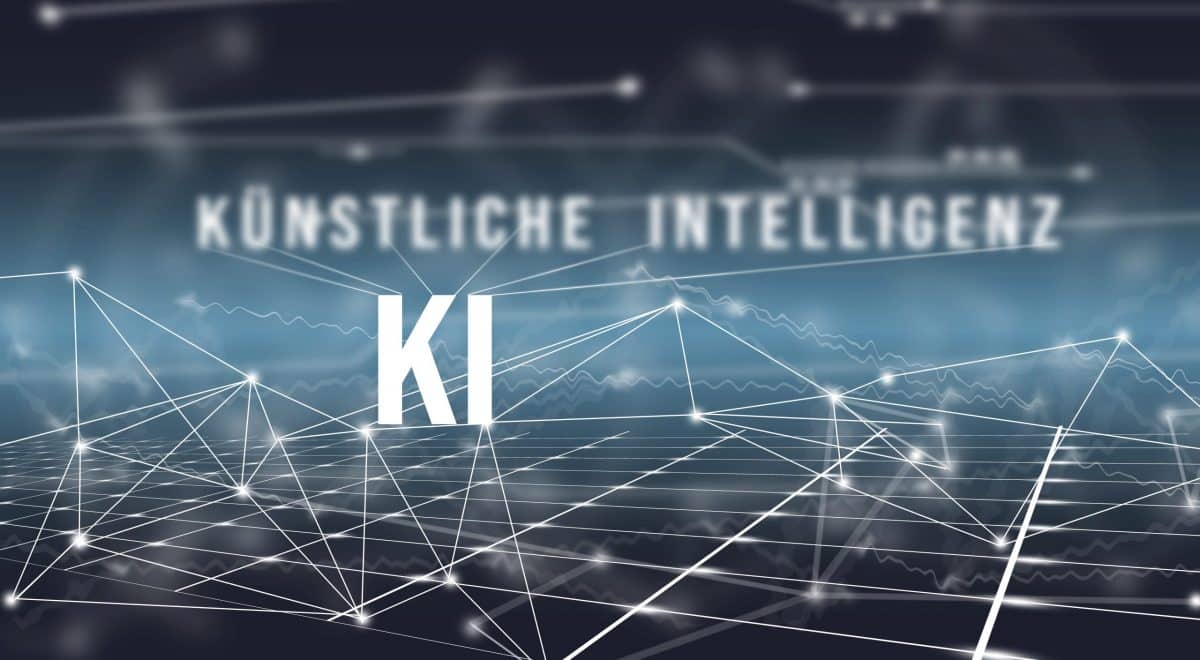
The advances in artificial intelligence (AI) are currently on everyone’s lips. As much as these developments can benefit mankind and drive technical progress forward: They also give rise to the need for legal certainty. There are still many unanswered questions, particularly in our law firm’s specialist area of copyright law.
AI and copyright: need for a quick solution?
The legal questions in connection with the use of artificial intelligence as a “creator” are increasing and require a prompt solution by the German legislator. Legislators see themselves as outdated by the state of the art and have difficulties in creating efficient regulatory systems for issues that were previously irrelevant.
Our law firm deals intensively with this topic and provides comprehensive advice on copyright aspects of AI-generated content. In our articles, we present the current legal situation and the issues raised.
Can AI be the originator?
We will explore this fundamental question in this article. The rapid development of AI raises this complex question. Currently, copyright only applies to natural persons, but there are arguments for and against the authorship of AI. AIs can serve as tools for the creation of creative works or act as creators in their own right. It remains to be seen whether copyright law will adapt to the growing role of AI in art.
From Mandelbrot to ChatGPT
The article“The Mandelbrot Debate” deals with the copyright protectability of algorithms, the first really relevant discussion on the copyright of machine products.
The further text“Legal aspects of the use of AI art” deals with the legal situation of AI image generators such as Dall-E. In view of the diverse and sometimes diffuse regulations, the article“Image generators, terms of use and training data” provides an overview of the conditions and data of any image generator. The concerns and fears of press publishers, among others, are also highlighted in the article“Ancillary copyright and AI“.
Last but not least, in the article“The new ChatGPT and the Copyright Act“, we look at the ChatGPT program, which is currently (rightly) causing a stir.
The articles provide a comprehensive insight into current case law and the challenges of copyright law in connection with AI-generated content.
Topic contributions
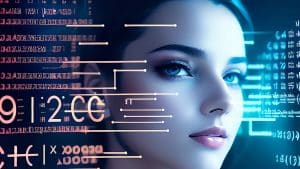
ChatGPT: Between science and fake news
Chat GPT sometimes generates incorrect answers.
However, due to the training of the AI, these appear plausible and are not recognizable at first glance.

Image generators, terms of use and training data
What rights do I have to the output of an AI image generator?
What rights does the AI violate through the (unauthorized) use of training data?
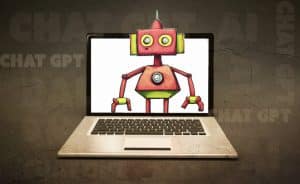
ChatGPT and copyright law
Let ChatGPT work for you in compliance with the law?
Our blog post shows you what you need to bear in mind when using the AI language model.
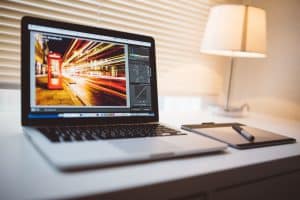
Legal aspects of the use of AI art
How anyone can become an artist with the help of artificial intelligence – and legally too.
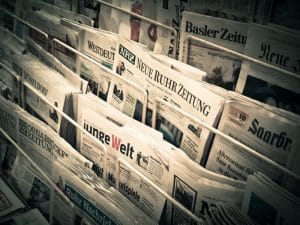
Performance protection and AI
Ancillary copyrights as “minor copyrights”, how AI infringes them and what problems arise for press publishers in particular.
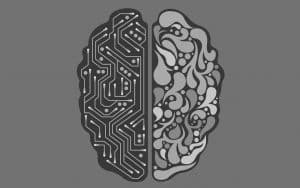
Can AI be the originator?
One of the legal questions in connection with the rapid development of AI is whether it can be the author of works.
Arguments for and against this are discussed.
